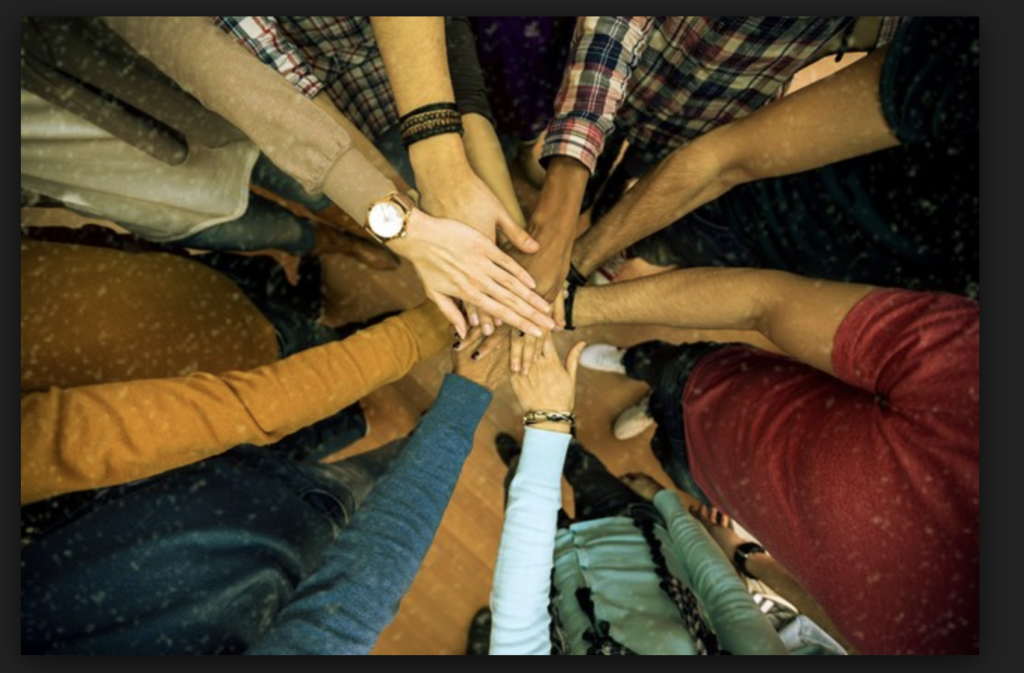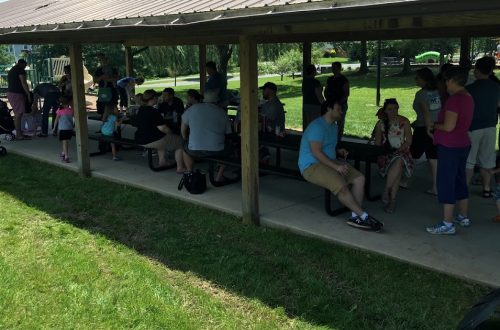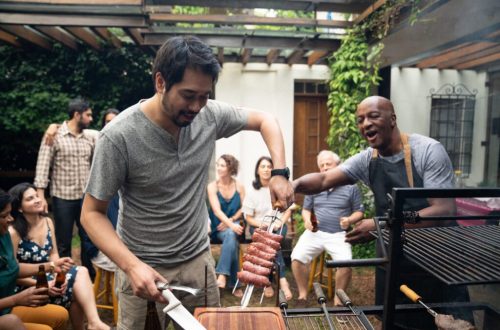
Ways to improve on your anti-racist practices
Ways to improve on your anti-racist practices
 This article consists of tools for White People Who Fight Racism. Learn about the history of white supremacy and how it is linked to other oppressive systems like capitalism, imperialism, hetero-patriarchy, ableism, and others. Check out the reader from the 2015 Anne Braden Program for ideas on where to start. There, you can find articles, video clips, essays, and poems about the following topics.
This article consists of tools for White People Who Fight Racism. Learn about the history of white supremacy and how it is linked to other oppressive systems like capitalism, imperialism, hetero-patriarchy, ableism, and others. Check out the reader from the 2015 Anne Braden Program for ideas on where to start. There, you can find articles, video clips, essays, and poems about the following topics.
Study the feminist ideas of Women of Color and queer people of color to learn more about how oppression and privilege are linked. Angela Davis, bell hooks, Andrea Smith, Audre Lorde, Audre Lorde Project, Barbara Smith, Cherrie Moraga, Gloria Anzaldua, Betita Martinez, Incite! Miss Major, Women of Color Against Violence, #BlackLivesMatter, Sylvia Rivera, and the TGI Project.
Think about how white supremacy affects the problems you’re trying to solve. How do the things you work on affect places where people of color live? How is leadership set up in your group, network, or religious community? How do these structures challenge or support the idea that white people are superior? Are the people who make decisions the same people who have to live with the results of those decisions?
Find out about social movements led by people of color and indigenous people in the U.S. and around the world, both in the past and the present. Look both inside and outside the U.S. for examples. All of these are great ways to find out about social movements: Black Girl Dangerous, Colorlines, Feminist Wire, Leaving Evidence Blog, Left Turn Magazine, Upping the Anti, Organizing Upgrade, Left Roots, Freedom Archives, Social Justice Journal, and Organizing Upgrade.
Find out what Black, Indigenous, Arab, Latino, Asian, and Pacific Islander people in your area are going through. Join email lists, go to events, help out as a volunteer, or give money. Getting on the email lists of groups that work for racial and economic justice is a good place to start. You can also look in your local newspaper’s calendar of events. If you already have ties to a social justice group, you could start looking for more groups by finding out who they work with. If you’re not already connected, look for articles in your local paper about progressive issues, see if there’s a local social justice foundation that lists its donors, or check out local member organizations of national networks like Jobs with Justice, Detention Watch Network, Right to the City Alliance, Grassroots Global Justice, and National Day Laborer Organizing Network. Going to events, helping out by volunteering, bringing friends and family to help out, and donating are all great ways to find out more.
Remember that education is an important part of organizing, but a workshop won’t set anyone free. Offer concrete help to organizations led by people of color that you agree with politically, and get other people to do the same. This can mean a lot of different things, like volunteering to watch children, raise money, or help out in the office. It can also mean getting your organization to join campaigns led by people of color or building long-term political alliances.
Find out who and what you have to answer to. Think about both the specific organizers and organizations you work with and the bigger political ideas that guide your decisions. Build relationships with people of color who are activists or organizers and share your values and political views. Find ways to help them with their work and ask for feedback on your own. Make sure you’re giving as much as you’re getting, or even more.
Work to build trust and accountability with anti-racist groups and communities of color in groups that are mostly or entirely white. Check to see if there are ways to work together and, if not, if there are ways to work together. Develop your organization’s work with the goal of challenging white supremacy in society and building anti-racist values in white communities.
In your organizing, make it a point to lift up and build the leadership of people of color. Make the most of every chance you have to support, highlight, and grow the leadership of people of color, especially those who are directly affected by the issues you work on. This includes who speaks to the media, at rallies or events, and who decides what needs to be done and how to do it. This means that you have to support the leadership, vision, and power of people of color over the long term. You can’t just try to be nice or make your organization more diverse.
Check in on your organization’s messages, demands, recruitment methods, structure for making decisions, work with coalitions, internal practices, and culture on a regular basis to see if anti-racism is a priority. Is it important to practice feminism? and fighting against racism and economic oppression? Review honestly and as a group where things could be better and make plans to make changes.
Learn to be humble and open your heart to feedback. One thing that comes with having privilege is that people often tell us that all of our ideas are the best, smartest, and right ones. It’s important to learn how to handle hearing something different. Mistakes will happen, and the only way to learn from them is to think about them in a humble and honest way. When you do more work, you will make more mistakes. Remember that feedback on how we deal with racism often comes from people we’ve helped who are still willing to tell us what they think. This is a present to help us grow. Don’t let the wrapping bother you if it’s hard to look at.
Learn about how white people have fought against racism in the past. You could start by watching “Southern Patriot” about Anne Braden or reading “Hillbilly Nationalists, Urban Race Rebels, and Black Power” by Amy Sonnie and James Tracy.
Find an anti-racist mentor who has more experience than you do and will share lessons from their past, help you learn from your own experiences, and help you think through questions you have and challenges you face.
Make a point of getting to know white activists or organizers who share your political views and values. In this work, it’s important to have a network of other white people who are also trying to be anti-racist. This way, we don’t have to rely on people of color to help us learn or deal with our feelings when we make mistakes.
Find out what you have to do with the freedom of others. How have systems of oppression hurt you, even when you were on the side that was “benefiting”? How would your life be better if freedom struggles worked? Practice talking about racism and other forms of oppression, as well as how you want the world to be.
Download the hobbytwin app and tell a friend for instant hobby matching:
For iPhone/iPad&iPod:









